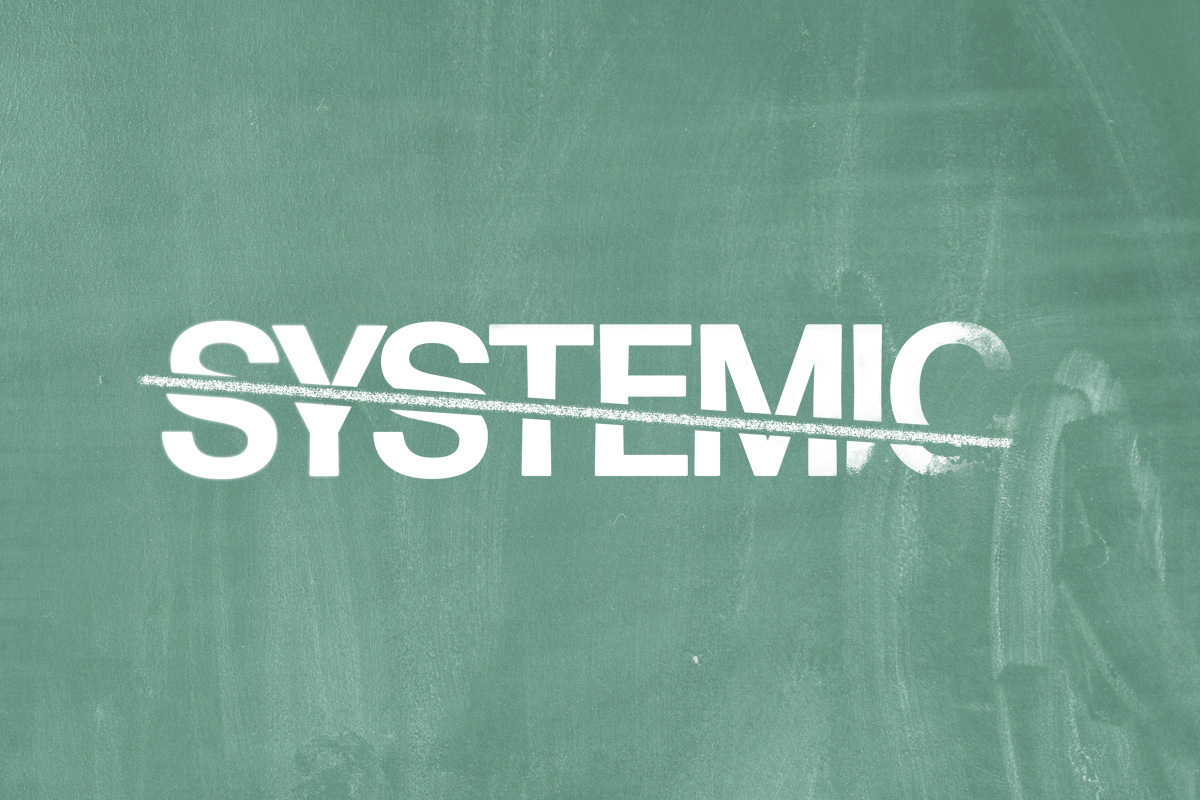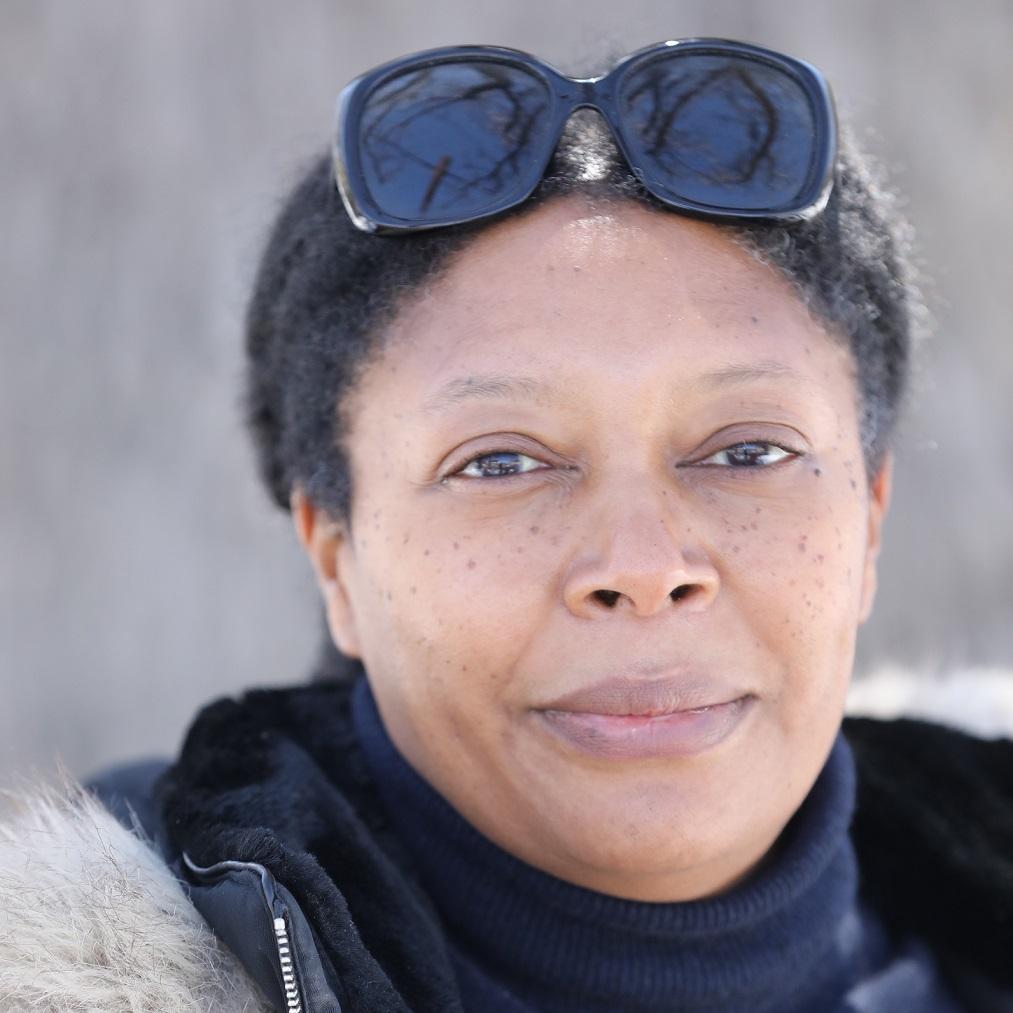
Angry clashes at school board meetings. Books removed from library shelves. Discussions of critical race theory being banned from classrooms. In recent years, there have been countless stories about local school districts across the United States becoming battlegrounds where conversations about diversity, equity and inclusion have found their way into schools, classrooms, and school board meetings.
But fixing an entire education system isn’t simple. At the heart of these issues are the questions: Who gets to decide what’s best for our children? What topics get to be included in the curriculum? How can educators make schools a place where every family feels like they belong? And how do we keep students safe?
Some parents claim they have the right to choose what their children learn in public schools, while others look to teachers, educators and superintendents to lead the conversation.
The second season of “Systemic,” produced by Colorado Public Radio, and hosted and reported by Jo Erickson, launches on Jan. 10. This season, teachers, parents, students and administrators of color are asking hard questions about the American education system.
“Systemic” tells the stories of those who fight injustice as they attempt to dismantle the status quo. In each episode, you’ll hear from a person from a diverse community in Colorado trying to make a difference in education.
Over the course of the 2021 - 2022 school year, we followed Naomi Lopez, Melissa Hall, Kevin Adams and Paulina Lerma. They are parents, teachers and educators in the Denver Public School and Colorado Springs school districts. We recorded interviews with each person and asked them to keep audio diaries throughout the year. In the audio diaries and interviews, you’ll hear their triumphs, struggles, and why they refuse to stand idly by and prop-up a broken system.
In total, we had 32 hours of audio that we shaped into a four-episode season. Here’s how we made this season of “Systemic.”
Collecting audio diaries
Naomi Lopez, a midcareer educator in Colorado Springs School District 11, would end her day by climbing into bed and reaching for her smartphone, instead of a book. It was here that she would record her reactions to what she had experienced in school that day.
On one such day, after a District 11 school board member’s anti-LGBTQ Facebook meme had made headlines, Lopez shared how she had taken part in a protest at her school for the first time.
Reconstructing scenes using interviews and audio from video
Melissa Hall is a single mom whose child is a student in District 11. While volunteering as a parking lot monitor at her child's school, Hall, who is Black, experienced a hateful verbal attack from another parent.
The incident was disturbing and deciding how we would use the audio was a challenge. We debated whether the audio would cause trauma to listeners while accurately telling Hall’s story and conveying the harm that she experienced. We pieced together the story by asking her to recount as much as she could, then playing video of the incident that she recorded on her phone. Here’s the result.
Warning: This clip contains racial slurs and strong language.
When asked why she recorded the racist attack, Hall said, “If I didn’t record it, who would believe me? I am a Black mother who was attacked by a white mother. Would you believe me?”
As Hall’s story unfolds over the course of the year, the incident in the parking lot is followed by the defunding of school equity programs and a District 11 board member’s racist comments. It made her feel like her voice and her culture aren’t valued. Her story shows how a single mom's belief in herself gave her the courage to challenge school authorities, leading her to become an activist fighting to change the system. The journey has changed her forever.
Educating the educators
For Kevin Adams, a Black teacher at Denver Public Schools, the job of teaching goes beyond the students: He has to educate his colleagues, too. Here, he talks through the subtle mistakes and microaggressions inflicted by a white teacher who was putting Black girls in detention.
We follow Adams’s journey as he strives to educate his peers about being responsive to the needs of both students and teachers of color. It’s a seemingly never-ending task that is causing many Black teachers to reconsider whether they want to stay in the profession.
Burning out
Being a teacher isn’t an easy job. Teacher burnout is common, and many teachers continue to put the interests of their students ahead of their own.
Paulina Lerma is a bilingual teacher in Denver. She teaches 3rd grade English and general studies to students whose first language is Spanish.
When 19 children and two adults were killed in a shooting at an elementary school in Uvalde, Texas, on May 24, 2022, Paulina knew she had to address the issue in her classes. Her students were scared and traumatized by the mass shooting. She recorded the moment when she spoke with them about the tragedy:
Paulina’s gift as a teacher is that she cares for both her students and their parents. Being bilingual, and a person who spent her early childhood years in Mexico, she understands how difficult it is to access resources and people in education – especially if you don’t speak English.
This struggle led Paulina to make the tough decision to leave the classroom to become a principal. We follow her journey to become a principal so that she can make changes to policies that will help the students she cares for so deeply.
Voices from the districts
Many of the voices we feature in “Systemic” speak critically about school boards and how school districts view equity. As you listen, you might wonder why you don’t hear more voices defending school policies.
The simple answer is that key policymakers and other newsmaking voices didn’t respond to numerous interview requests.
When we reached out to two District 11 school board members for interviews, the district’s communications representative told us: “As elected officials, board members may speak with the media without having the District’s communications team involved. Please note any individual board member speaking to the media is speaking on their own behalf and not on the collective Board of Education’s behalf or the District’s.”
Although District 11 board members and other officials didn’t respond to our interview requests, some parents who were supportive of school policies did speak with us. For example, a parent at a District 11 school board meeting told us they supported the district’s decision to roll back equity policies.
We also heard from officials like Tony Smith, Deputy Superintendent of Schools at Denver Public Schools, talk about recruiting teachers and policy on diversity, equity and inclusion. Smith detailed his district's commitment to addressing these issues, though the experiences of Paulina, Kevin and other teachers suggests there's much progress left to be made.
The audio diaries and interviews provide a snapshot of what it’s like to work in public education right now.
We hope this season of “Systemic” provides context to the contentious discussions swirling around equity in American Schools. By elevating the voices of people whose families, jobs and lives are deeply affected by these discussions, we gain more insight into the lived experiences of educators and teachers, and the day-to-day decisions they make for our children.









